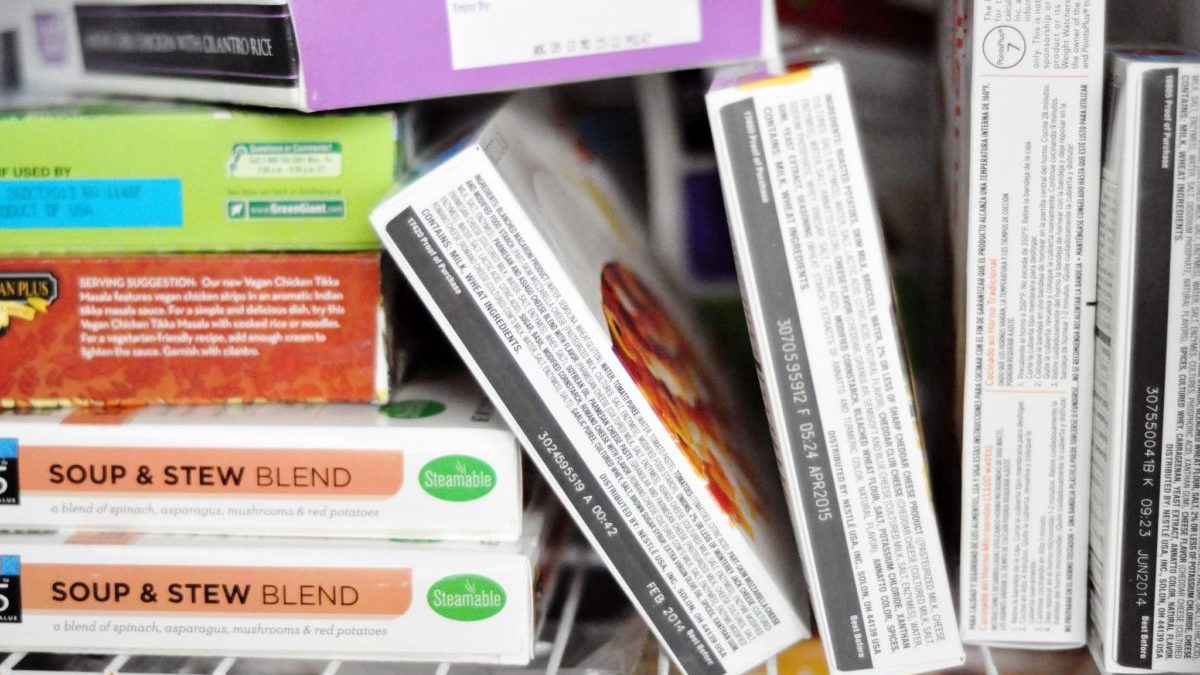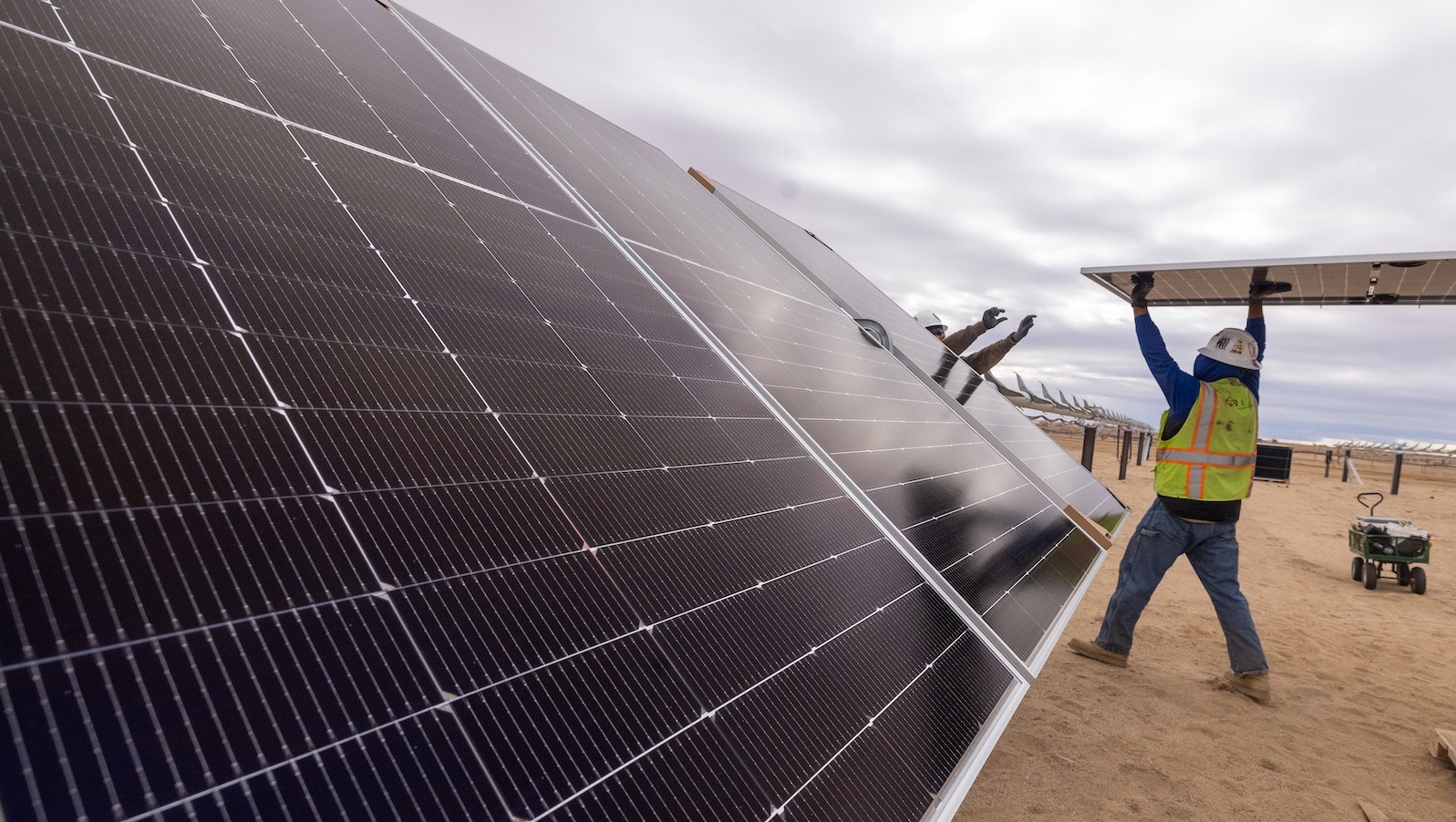When you think about recycling frozen food boxes like those used to hold single-serving dinners, you may wonder what the mystery is. They’re a paper product, right? Shouldn’t they just go into the recycling bin along with other paper, paperboard, and cardboard?
As it turns out, recycling frozen food boxes — also known as wet-strength paperboard — may not be quite as straightforward as it seems. Because of their components, some municipalities accept them for recycling, while others do not. Depending on where you live, you might have to make a special trip to recycle them.
Although a variety of packaging companies, such as StoraEnso, ProAmpac, and Emmerson, now offer packaging that is technically recyclable, the local rules and equipment at your recycling service ultimately determine whether a wet-strength paperboard package is recyclable where you live. Labels, such as How2Recycle.info’s on-packaging guidance, do not ensure that the package you have will be accepted.
Why Aren’t Frozen Food Boxes Always Recyclable?
Frozen food boxes are made from paperboard — the same material as cereal boxes. The important difference is that the paperboard is combined with polyethylene (#4 or LDPE), a type of plastic that helps maintain the paper structure of the container when it’s exposed to cold temperatures. The added plastic helps protect food from freezer burn and ensures that the paper container won’t get soggy.
Box manufacturers put “… plastic within the matrix of the paper to make it water repellent or keep its insulative properties,” said Terry Gellenbeck, solid waste administrative analyst for the Public Works Department in Phoenix.
This type of packaging is used not only for frozen food boxes, but also for things like soda and beer cartons that you wouldn’t want coming apart in your hand when they get wet.
While good for packaging food, this plastic is not easily separated from the paperboard. As a result, recycling frozen food boxes can be problematic. Some municipalities cannot accept this plastic into their recycling stream.
Portland, Oregon, for example, does not accept frozen food boxes. However, some cities are able to separate frozen food boxes from the rest of the stream, such as Oklahoma City, which accepts frozen food boxes in their Big Green recycling bins, or Minneapolis, which differentiates between different frozen food boxes and sorts some into their recycling stream and some into the garbage.
What materials a recycling facility accepts depends largely on what those materials can be made into. In many places where paper products are recycled, buyers may not be interested in using a lower grade of paper (such as paper that contains small amounts of polyethylene). Some paper mills can adjust their recycling processes to accommodate these materials, though, according to The Recycling Association of Minnesota.
One city that does accept frozen food boxes for recycling is Phoenix. Once the city determined that there was a recycling market for used frozen food boxes, and that their paper waste stream wouldn’t be contaminated by the amount of plastic in the boxes, the city began allowing residents to put frozen food boxes in their curbside bins, Gellenbeck explained.
San Diego also accepts frozen food boxes in curbside recycling. The city strives to keep its recycling message simple for residents. Allowing frozen food boxes to be recycled in the curbside bin along with other paper products saves people sorting time.
“San Diego has one of the least contaminated curbside recycling streams in California, according to industry feedback we have received,” said Ken Prue, recycling program manager for the city of San Diego. “We feel we have struck a good balance between simplicity of message and clean recycling streams that return maximum revenues to help support the program.”
San Diego’s What Goes Where guide is a handy reference for local residents. The city has helped citizens achieve better recycling results by expanding what it accepts and reducing the complexity of sorting decisions.
Some cities sort frozen food boxes from the recycling stream at their materials recovery facilities, while others may not accept frozen food boxes at all, so it’s important to check your local regulations before you put these boxes in your curbside bin.
Continued on Page 2: How Can I Recycle Frozen Food Boxes?
Source link
Kathryn Sukalich earth911.com



